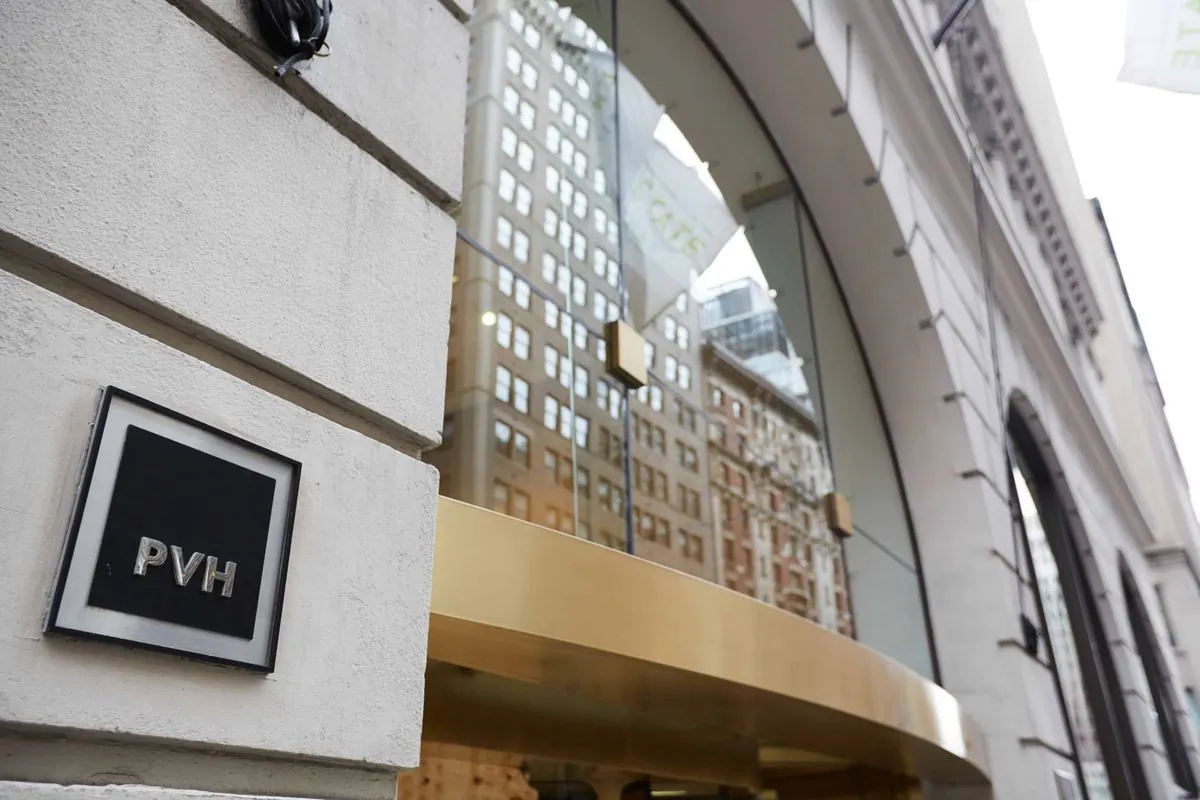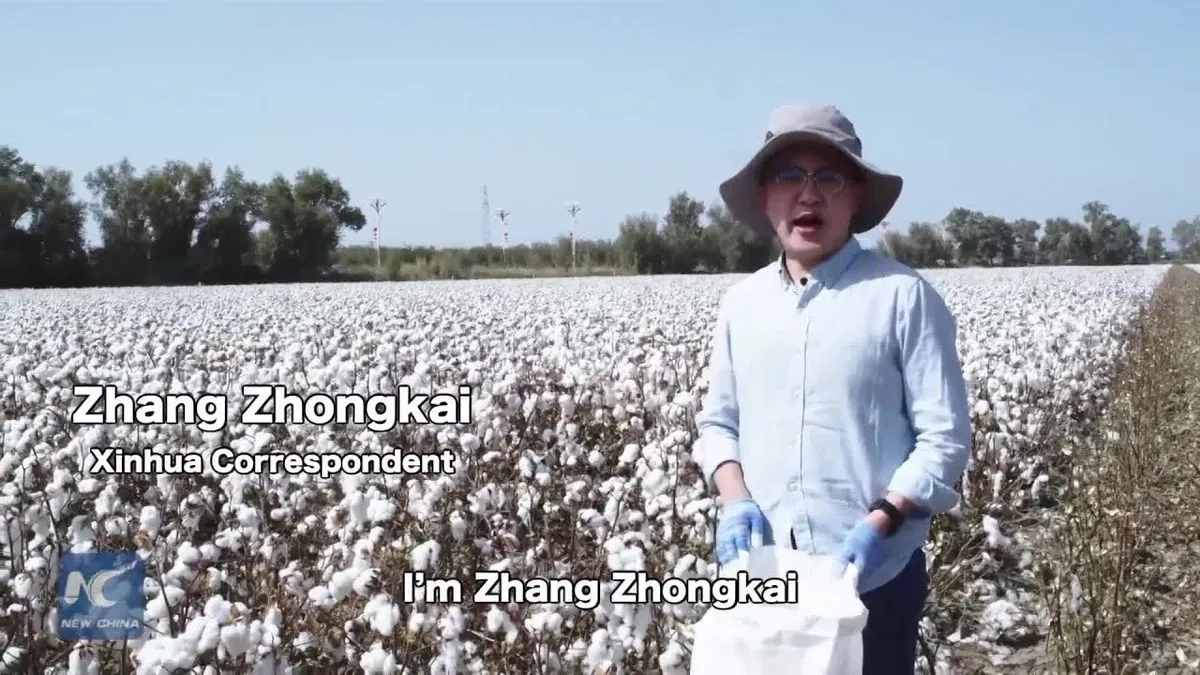China Probes PVH Over Alleged Xinjiang Product Boycott
China's Commerce Ministry launches investigation into PVH, owner of Tommy Hilfiger and Calvin Klein, for suspected boycott of Xinjiang products. The probe focuses on potential trade rule violations.

China's Commerce Ministry has initiated an investigation into PVH Corp, the parent company of renowned fashion brands Tommy Hilfiger and Calvin Klein. The probe, announced two days ago, centers on allegations that PVH may have boycotted products from the Xinjiang region, potentially violating trade regulations.
The investigation falls under China's "Unreliable Entities List" framework, introduced in 2019 as a countermeasure to international sanctions. PVH has been given a 30-day window to provide information regarding any discriminatory actions against Xinjiang-related products over the past three years.
This development occurs against a backdrop of ongoing international tensions surrounding the Xinjiang region. Western nations have expressed concerns about alleged human rights abuses, while China maintains that its actions are necessary to combat terrorism and separatism.

The Xinjiang region is significant in global trade, producing approximately 20% of the world's cotton. In 2021, the United States implemented import restrictions on Xinjiang cotton, followed by the Uyghur Forced Labor Prevention Act. Similarly, the European Union imposed sanctions on Chinese officials over Xinjiang-related issues in the same year.
PVH, a company with a rich history dating back to 1881, has responded to the investigation by stating its commitment to compliance with laws and regulations in all its operational areas. The company, which acquired Calvin Klein in 2003 for $430 million and Tommy Hilfiger in 2010 for $3 billion, emphasizes adherence to U.S. government policies regarding the Xinjiang region.
With over 40 brands in its portfolio and operations spanning more than 40 countries, PVH is a significant player in the global fashion industry. The company, led by CEO Stefan Larsson since 2021, reported revenues of approximately $9 billion in 2022 and employs over 30,000 people worldwide.
"The U.S. PVH Group is suspected of violating normal market trading principles and unreasonably boycotting Xinjiang cotton and other products without factual basis, seriously damaging the legitimate rights and interests of relevant Chinese companies and endangering China's sovereignty, security and development interests."
This investigation highlights the complex interplay between business, human rights, and international relations. PVH, known for its sustainability strategy "Forward Fashion" and commitment to sourcing 100% sustainable cotton by 2025, now faces scrutiny in a geopolitically sensitive area.
As the situation unfolds, it underscores the challenges multinational corporations face in navigating conflicting international regulations and ethical considerations. The outcome of this investigation could have significant implications for PVH and potentially set precedents for other international fashion brands operating in China.


































